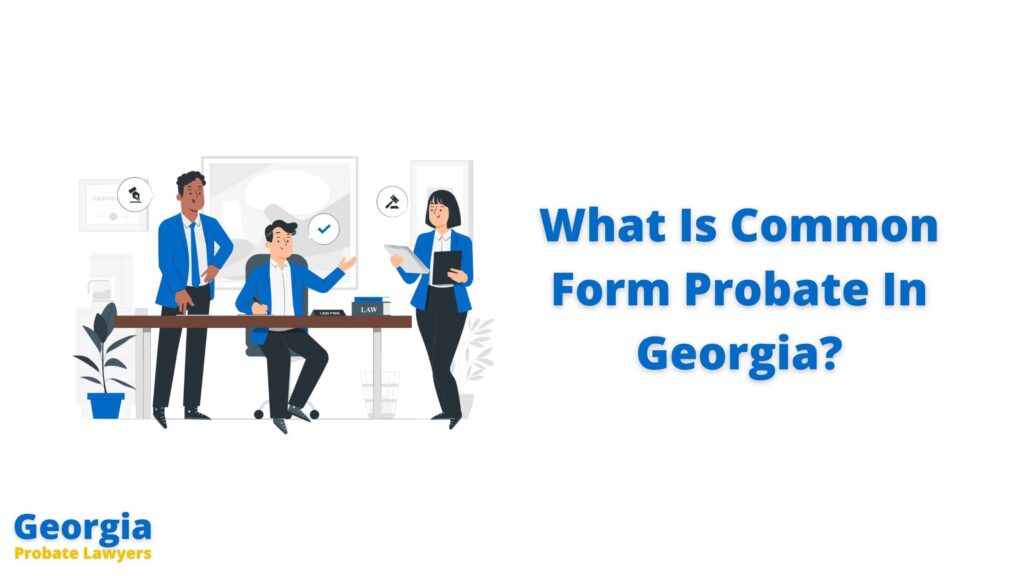
Avoid the delays, expenses, and public exposure of probate.
Schedule your free, no-pressure Estate Planning Roadmap Call today.
"*" indicates required fields
Common form probate is a quick, cost-effective probate process.
It validates a will and manages an estate while skipping formal court hearings.
Key points about common form probate:
Common form probate is suitable for straightforward cases where:
NOTE: We do not recommend probating an estate in common form due to the risks.
The benefits of common form probate sound nice.
But we have to weigh them against the risks of it.
There are several benefits of filing probate in common form.
Here are the risks you need to weigh:
Common form probate leaves the estate open.
The estate is at risk of disputes AFTER assets have been distributed.
The estate is “left open” for 4 years after assets are distributed to heirs.
Creditors and heirs can come back and dispute the estate.
If a judge deems these valid disputes, heirs might have to:
Probating the will in solemn form:
Once the solemn form probate is complete:
Solemn form is the most common and recommended way to probate a will.
The primary benefit of solemn form is that it is final and binding.
This protects beneficiaries from heirs who:
Fill out the form to have us set up your probate so you’re protected.
Let’s talk about which scenarios are good and bad for common form probate.
Common form probate is ideal for estates:
It is also a good choice when the estate is relatively small and uncomplicated.
This reduces the need for extensive court oversight.
Common form probate is NOT ideal for estates:
Solemn form probate is more appropriate in such situations.
Here are the steps involved:
Our probate lawyers take everything off your plate for this process.
Fill out the form to get started today.
It’s common to have a sibling that’s shady about probate.
So, what if the executor is trying to file common form to manipulate the estate?
Here are the steps to take:
Are you overwhelmed by the Georgia probate process?
Our Georgia probate attorneys handle everything for you.
We specialize in taking as much as possible off your plate so that you are not:
Fill out the form to take this off your plate.
Avoid the delays, expenses, and public exposure of probate.
Schedule your free, no-pressure Estate Planning Roadmap Call today.
"*" indicates required fields